By Amanda Rose Newton
As the warmth of spring stirs life in Central Florida, our gardens can become a critical resource for pollinators just emerging from their winter rest. Bees, butterflies, hummingbirds, and other beneficial insects depend on early nectar and pollen sources to kickstart their season. Choosing native, Florida-friendly perennials ensures your garden supports these vital creatures while thriving in our unique climate. Here are some native perennials that are true heroes for pollinators in early spring:
Coreopsis (Coreopsis spp.)
Pollinators Attracted: Native bees, butterflies, small beetles
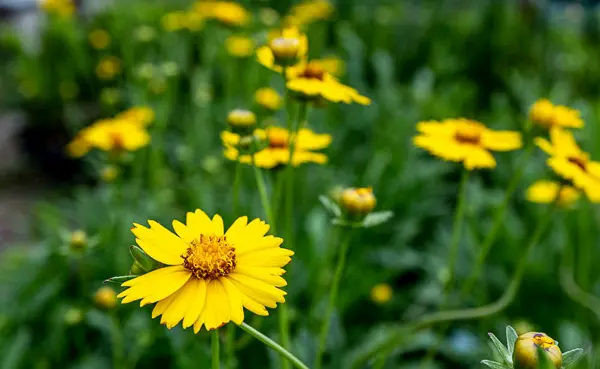
Why It’s a Hero: Florida’s state wildflower lights up the garden with bright yellow blooms, often starting as early as March. These resilient flowers offer nectar and pollen to a variety of early foraging pollinators.
Blue-Eyed Grass (Sisyrinchium angustifolium)
Pollinators Attracted: Native bees
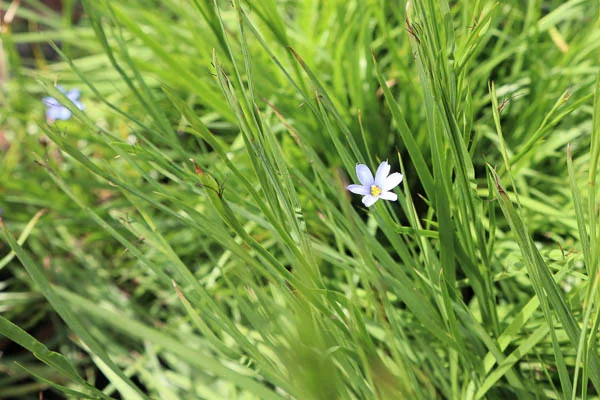
Why It’s a Hero: Despite its name, it’s not a grass but a member of the iris family. Its star-shaped blue flowers bloom in early spring and are a reliable nectar source for native bees.
Lyreleaf Sage (Salvia lyrata)
Pollinators Attracted: Bumblebees, native bees, butterflies
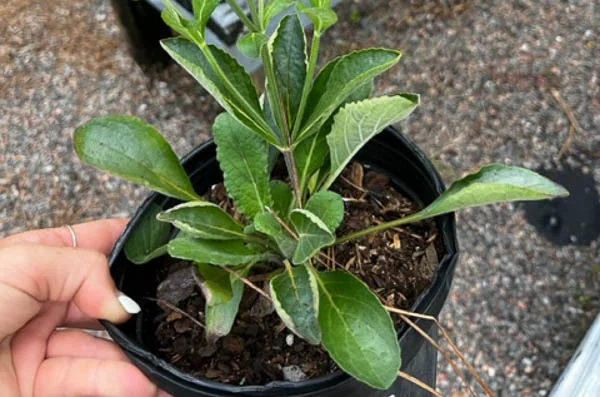
Why It’s a Hero: This tough perennial sends up spikes of pale blue to lavender flowers as soon as temperatures warm. Its early bloom time and nectar-rich flowers make it a top choice for supporting bees and butterflies.
Spiderwort (Tradescantia ohiensis)
Pollinators Attracted: Bumblebees, honeybees, native bees
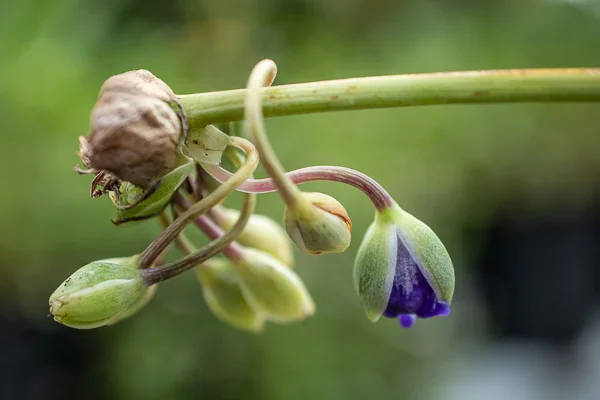
Why It’s a Hero: With striking purple-blue flowers that open in the morning, spiderwort is a vital food source for bees during early spring.
Tropical Sage (Salvia coccinea)
Pollinators Attracted: Hummingbirds, butterflies, bees
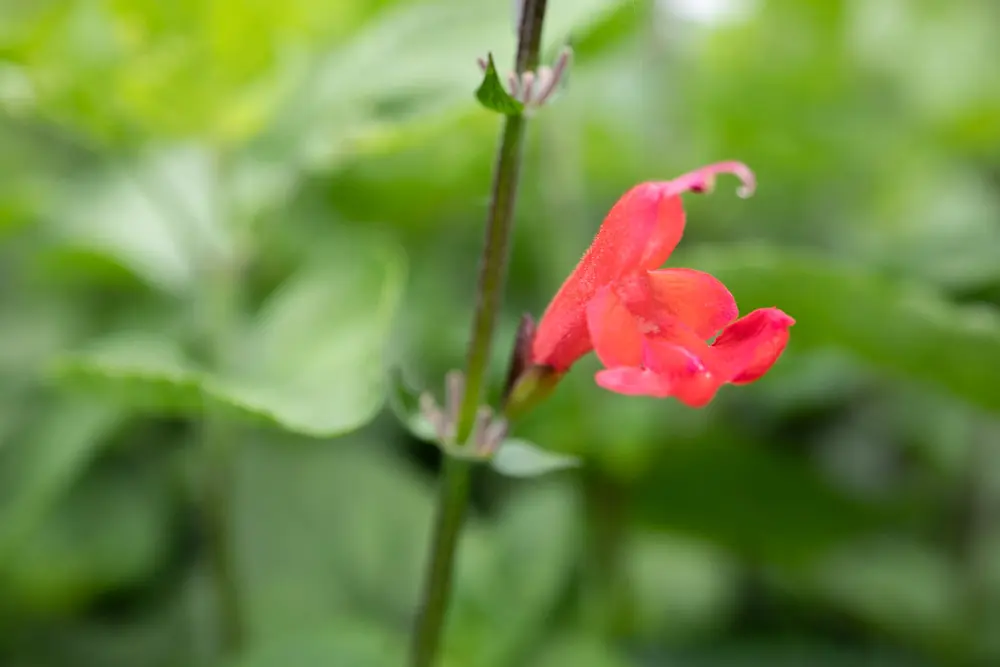
Why It’s a Hero: One of the best native plants to support pollinators year-round. Its red tubular flowers are especially important for hummingbirds returning from migration, as well as long-tongued bees.
Frogfruit (Phyla nodiflora)
Pollinators Attracted: Small native bees, butterflies

Why It’s a Hero: A groundcover superstar, Frogfruit provides nectar nearly year-round, with flushes of blooms in spring that attract small pollinators, including native bees and hairstreak butterflies.
Walter’s Violet (Viola walteri)
Pollinators Attracted: Small bees, butterflies
Why It’s a Hero: This low-growing, native violet produces charming purple flowers in early spring. It’s a host plant for fritillary butterfly caterpillars and offers nectar for small bees and other pollinators.
Early Spring Pollinator Visitors:
As your garden begins to bloom, expect to see a variety of pollinators returning or emerging for the season. Native bees, like sweat bees and mining bees, are often the first to appear, busily collecting pollen to support their nests.
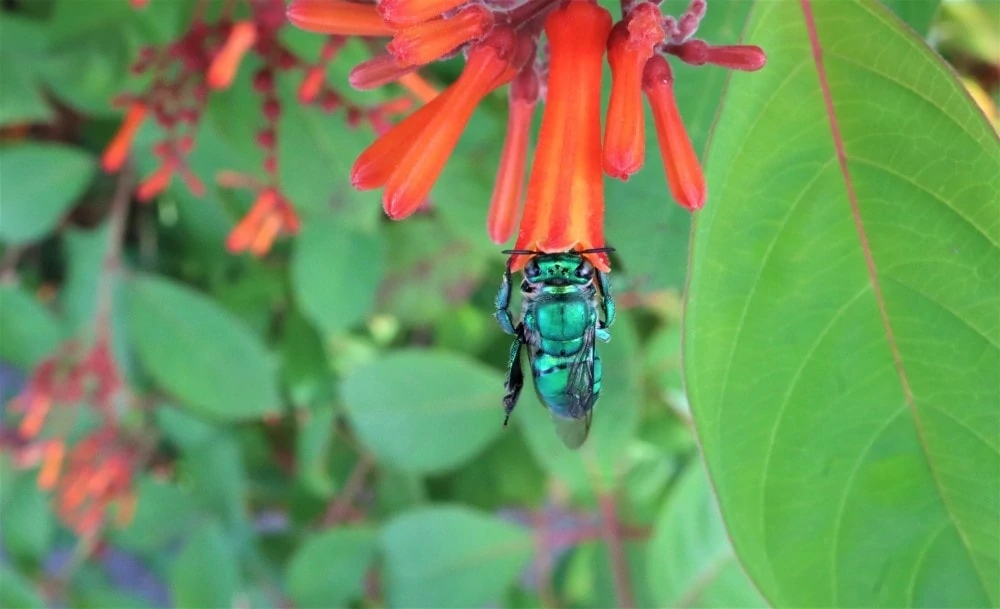
Bumblebees also make an early entrance, with queens searching for suitable nesting sites. Butterflies, including the Zebra Longwing (Florida’s state butterfly) and Gulf Fritillary, flutter through the garden seeking nectar and host plants. Hummingbirds, particularly Ruby-throated hummingbirds, may arrive during spring migration, drawn to red and tubular flowers. You may also spot hoverflies and beetles, which quietly contribute to pollination while feeding on nectar and pollen. These early visitors are vital for jumpstarting your garden’s ecosystem, ensuring plants are pollinated and new life begins to flourish.
Planting Tips for a Pollinator Oasis:
Diverse blooms: Select a mix of colors, shapes, and bloom times to support a range of pollinators.
Group plantings: Clusters of the same species make it easier for pollinators to locate resources.
Pesticide-free zone: Avoid chemical treatments that can harm pollinators.
Water and shelter: Provide shallow water sources and sunny, undisturbed spots for resting and nesting.
By choosing these native Florida perennials, you’ll transform your garden into a bustling pollinator hub from the very start of spring.

Supporting local wildlife while adding beauty to your landscape—now that’s a win-win!
What early-spring blooms have you noticed attracting pollinators in your yard? Share your Garden Habitat Hero stories through our social media!


